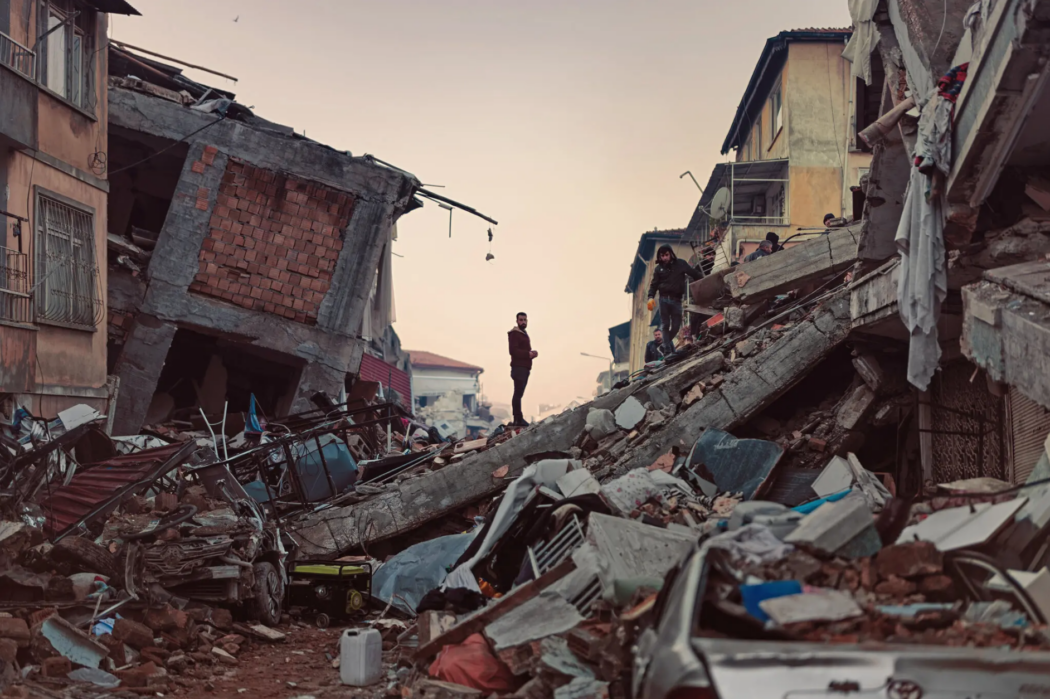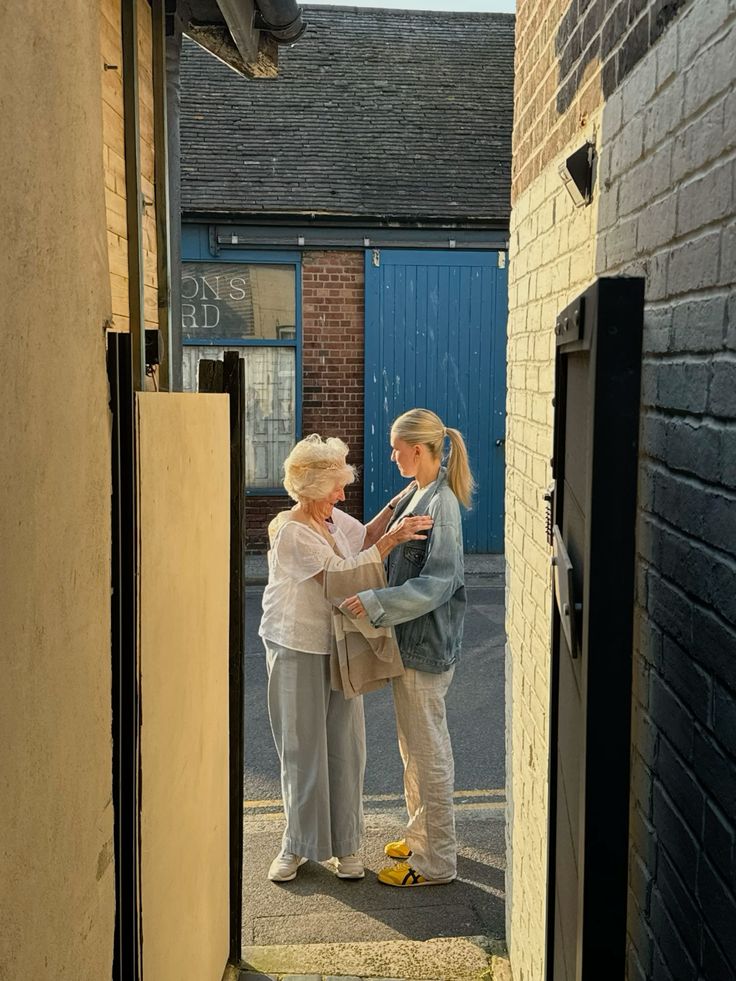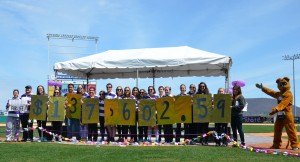On Monday, Feb. 6, a massive 7.8 magnitude earthquake ravaged Turkey and Syria. In the days since, experts have learned that equally devastating aftershocks have followed since the initial quake leaving more than 24,000 people dead and even more injured. Aid teams continue to find survivors under the ruins of collapsed infrastructure and homes. The earthquake and the 1,000 aftershocks that have followed have displaced thousands on both sides of the Turkish-Syrian border and the death toll continues to soar.

Widespread destruction has traumatized the Turkish-Syrian people as homes, schools, towns and hospitals have all collapsed as a result of the natural disasters in the last week. Even 100 hours after the quakes, rescue teams continue to find survivors ranging from newborns to families alive under the rubble. Finding joy in the face of tragedy, new stories of survivors that have been rescued in the coming days continue to reach the internet.
The future is unknown for many of the children who have become the only survivors of their families. One of which is baby Aya — meaning ‘miracle’ in Arabic — who was born during the initial earthquake on Monday. Aya was still attached to her mother’s lifeless body by umbilical cord when rescue teams found them. Tragically, Aya is now the only member left of her immediate family and will be considered for adoption once she is discharged from the hospital. Aya — who was named by medics — is receiving treatment in Northern Syria after she arrived with bruises, lacerations and hypothermia. Aya’s story has drawn attention internationally, and her incredible rescue quickly went viral. Aya is just one of thousands of children who have become orphans as a result of the earthquakes. This will continue to be a long-term effect on both countries as both Turkey and Syria decide the fate of these children and what they will do to help.

Turkish President Recep Tayyip Erdoğan, who is not unfamiliar with dealing with earthquakes in his country after a 1999 quake in Istanbul propelled him into power, said Turkey is “facing one of the greatest catastrophes in our history.”
The Turkish president has pledged to aid his people in rebuilding their homes, offering 15,000 Turkish lira, which is equivalent to $800, to affected persons and rent assistance to those without homes. The Turkish government has implemented state of emergency powers in the regions affected and has deployed thousands of military forces to assist in disaster relief.

Humanitarian aid groups and other companies such as Turkish Airlines have assisted in evacuating tens of thousands of people and have helped place them in different locations that have offered to help, including hotels, state dormitories and guest houses across the country.
Although thousands have come to both countries to assist in humanitarian aid, these groups face yet another challenge when they are unable to touch down due to rubble and debris.
Syria faces a different side of the challenge due to the political state of Syria and the humanitarian crisis that devastated the country long before the earthquakes in the last week. On Thursday, it was announced that the United Nations would arrive in Syria with trucks carrying shelter items and supplies. Syrians have not been able to receive proper aid due to the country’s own political warfare. In spite of this, the U.N. is preparing a rare delivery of aid to rebel-held territory from an area controlled by President Bashar al-Assad’s government. Many have called this a publicity stunt on President Assad’s behalf designed to boost his international profile to pressure Western countries into lifting sanctions against him. This is not a far stretch as Assad’s government has a history of weaponizing humanitarian aid.

The fate of the countries is hard to tell right now, but thousands across the world have banded together to do provide aid in whatever ways they can. In the face of tragedy, the Turkish and Syrian people have come together in their respective communities to pray and give a proper burial to those who have fallen victim to the earthquakes.





